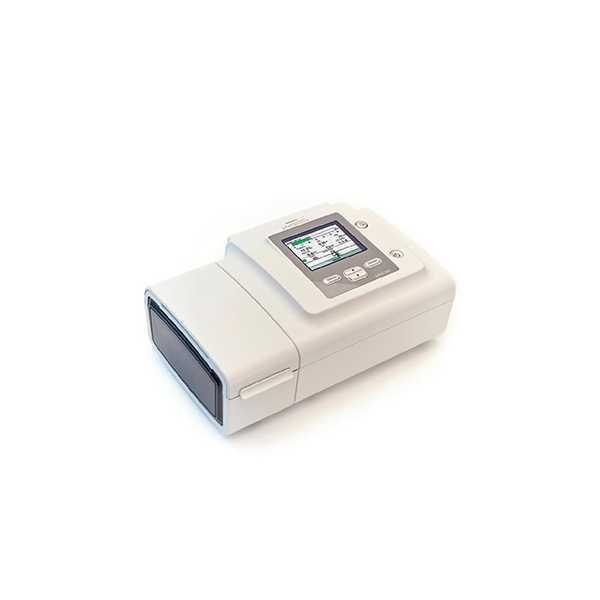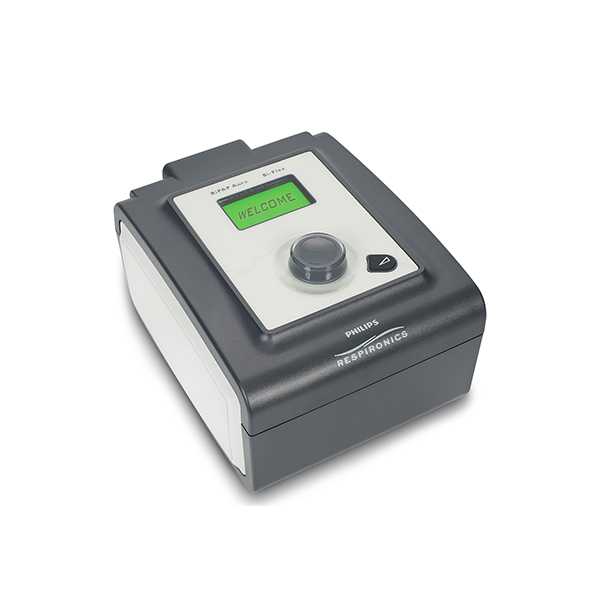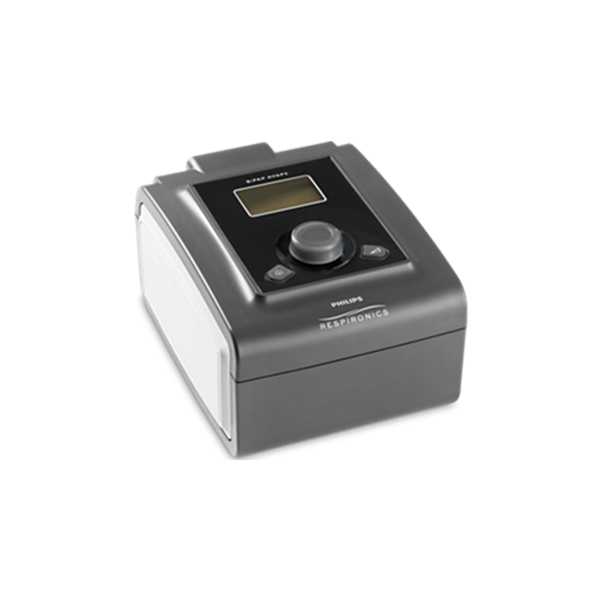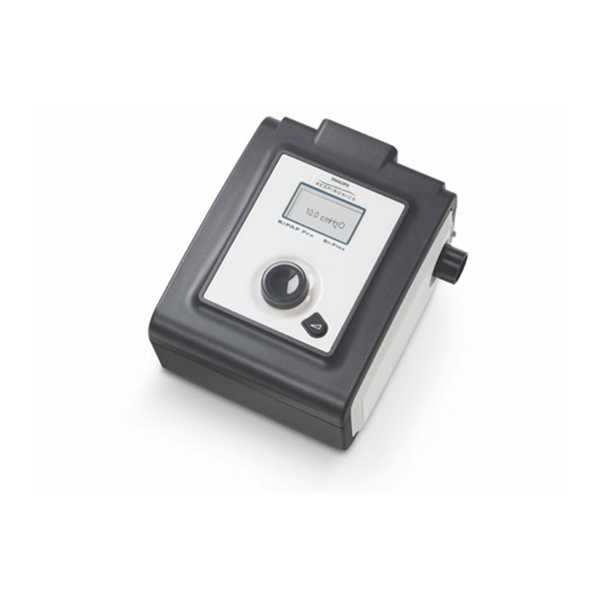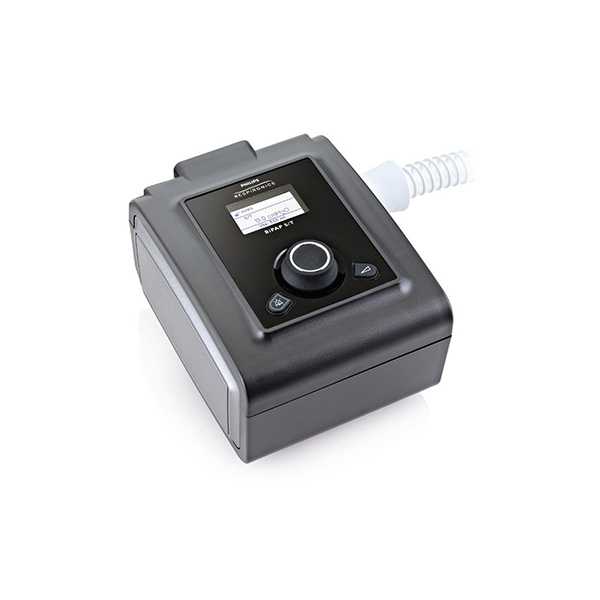bipap hose pipe
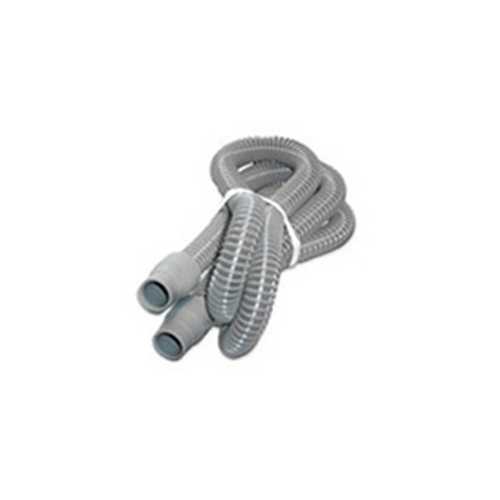
description
A BiPAP hose pipe, also known as a BiPAP tubing or hose, is a critical component of a BiPAP machine, a non-invasive positive pressure ventilation device used to support breathing in individuals with respiratory conditions. The BiPAP hose pipe connects the BiPAP machine to the mask or interface worn by the patient. It delivers the pressurized air from the machine to the patient’s airway, helping to maintain open and supported breathing during sleep or while resting. The tubing is typically flexible and comes in various lengths and diameters to suit individual preferences and needs.
Portea offers a comprehensive range of healthcare services, including home care nurses, doctor consultations, physiotherapy at home, and caregiver services. Additionally, we provide BiPAP hose pipes for rent and Sale, supporting dependent patients. The hose pipe has high strength, Lightweight making it suitable for ventilation.
Our experienced team is dedicated to helping you select the most suitable product and administration range to cater to your specific requirements. Trust Portea for all your healthcare needs and exceptional service.
faqs
1. What is the difference between CPAP and BiPAP?
The critical distinction between CPAP and BiPAP machines is their air pressure delivery. BiPAP provides two levels of air pressure, one for inhalation and another for exhalation, offering greater flexibility. On the other hand, CPAP maintains a continuous, single level of air pressure throughout the entire breathing cycle. These differences make BiPAP suitable for patients with specific respiratory needs, while CPAP is commonly used for general sleep apnea therapy.
2. How long can you stay on BiPAP?
The duration of BiPAP usage varies for each individual and depends on their specific medical condition and needs. Some individuals may only need to use BiPAP for a short period, while others can tolerate it for extended periods. It is essential to consult with a doctor to determine the appropriate timeline for using a BiPAP machine based on your unique health requirements and medical condition.
3. What are the uses of BiPAP hose pipes?
BiPAP hose pipes serve several essential functions in the use of BiPAP machines for respiratory support:
- Air Delivery: The BiPAP hose pipe delivers pressurized air from the BiPAP machine to the patient’s airway, ensuring continuous positive airway pressure during inhalation and exhalation.
- Patient Comfort: The flexible design of the hose pipe allows for ease of movement during sleep or rest, ensuring patient comfort while using the BiPAP machine.
- Interface Connection: The hose pipe connects the BiPAP machine to the mask or interface worn by the patient, ensuring a secure and airtight connection for adequate ventilation.
- Size Options: BiPAP hose pipes are available in different lengths and diameters, providing options for individual preferences and needs.
- Hygiene: Regular cleaning and replacing the hose pipe are crucial for maintaining proper hygiene during long-term BiPAP therapy.
Overall, BiPAP hose pipes play a vital role in facilitating the delivery of pressurized air and ensuring optimal respiratory support for patients using BiPAP machines.
4. What is the highest level of BiPAP?
The highest level of BiPAP, or IPAP (Inspiratory Positive Airway Pressure), should not exceed 30 cm H2O for adults. Additionally, there should be a minimum difference of 4 cm H2O between IPAP and EPAP (Expiratory Positive Airway Pressure) levels. When the CPAP level approaches 15 cm H2O, a transition from CPAP to BiPAP is generally recommended. These settings are determined by medical professionals based on the individual’s specific respiratory needs and condition.
5. What are the minimum hours for BiPAP?
To meet insurance compliance requirements, the minimum usage time for BiPAP is four hours per day. However, wearing the device whenever you sleep is recommended, as airway obstruction can occur anytime you relax enough to fall asleep, such as after meals or while watching TV. Consistent and extended usage ensures the effectiveness of BiPAP therapy in managing respiratory conditions during sleep.
list of location we provide bipap products in
Doctor Consultation
Nursing
Physiotherapy
Trained Attendant
Elder Care
Mother & Baby Care
Lab Tests
Medical Equipment
Speciality Pharma
Critical Care

